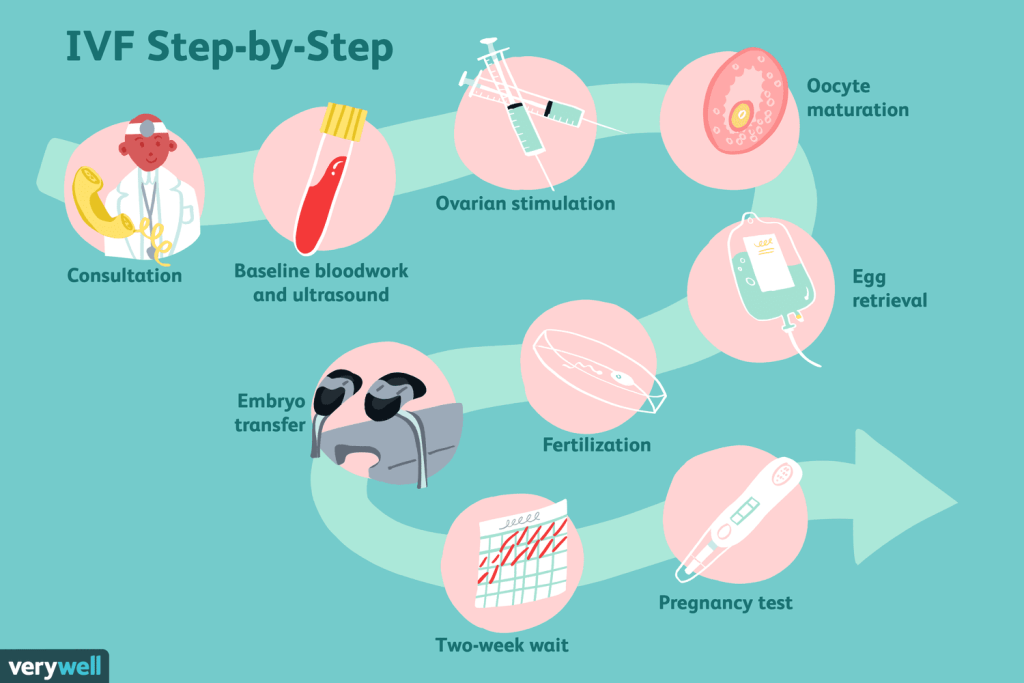In vitro fertilisation is used to treat seemingly permanent female infertility caused by fallopian tube difficulties, and poor egg or sperm quality.
In the world, many centres for ivf egg retrieval and doctors have one of the highest success percentages in the country for reproductive treatments. Clients at the centre appreciate doctor’s medical expertise, new technologies, and dedication to patient-centred care and comfort. Egg retrieval and implantation of embryos are two of the numerous fertility procedures they provide when the primary purpose is to help make miracles happen.
Who benefits from egg retrieval?
Egg retrieval, as part of an efficient in vitro fertilisation (IVF) cycle, allows persons who would otherwise be unable to become parents to do so.
Reasons for considering egg retrieval with IVF may include
- Low ovarian reserves and poor egg quality
- Restricted or damaged fallopian tubes.
- Infrequent or missing ovulation.
- Previous tubal ligation.
- Fertility protection for patients receiving cancer therapy
- Male factor infertility as low sperm counts, or poor sperm morphology.

Note that, extracted eggs can be cryopreserved for later use (egg freezing) or used in an ongoing IVF cycle. Women who are unable to generate eggs owing to age, congenital loss of ovaries, surgical excision of ovaries, or other circumstances might choose a donor to supply healthy eggs, which are obtained frozen from licenced institutions where donors are thoroughly checked. A male or homosexual male couple employing a pregnancy carrier may consider donating eggs as a way to have children.
What can you expect during egg retrieval and implantation?
The ivf egg retrieval process begins with medication. This process usually comprises oral contraception pills with injecting hormones for two weeks. This induces your ovaries to produce numerous eggs instead of the solitary egg that is normally released each month.
The retrieval technique itself lasts 15-20 minutes. It takes place in different Fertility centres and is done under anaesthesia to help you relax. During the operation, your specialist gathers accessible eggs using an ultrasound probe placed into your vagina. Most patients report only minor discomfort, including extremely light pressure feelings and cramping.
According to your treatment plan, the eggs are either frozen or fertilised with sperm. Fertilised eggs are permitted to develop into embryos, which are subsequently transferred to your uterus or saved for later use. An embryo transfer is a relatively painless in-office procedure that does not require sedation.
For more information on egg retrieval or any of the other services, you should search online or contact an experienced Fertility Centre to book an appointment online now.


